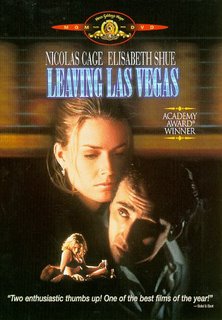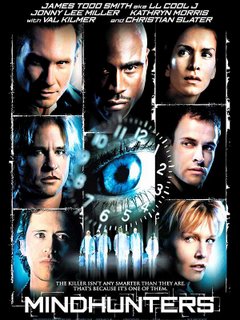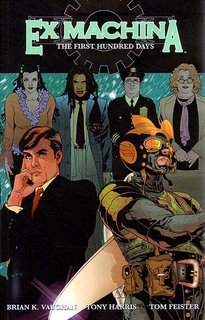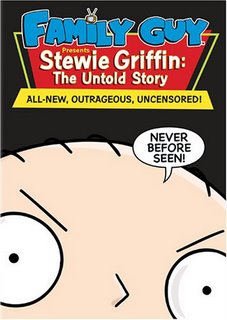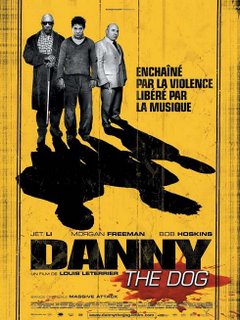Cops stifle protest:
Montreal police routinely use mass arrests to control peaceful demos
Henry Aubin - The Gazette
The United Nations Human Rights Committee assesses individual countries every five years. Its new report card on Canada, issued last week, expresses concern over the Montreal's police department's mass arrests at political demonstrations.
It's extraordinary for the UN to single out any Canadian city. Indeed, all the other problems that this report identifies are national - the treatment of aboriginal people, for example, or the wide definition of terrorism under the federal Anti-Terrorism Act.
The committee, composed of 18 civil-liberties experts from as many countries, says it is "concerned about information that police, particularly in Montreal, have resorted to large-scale arrests at demonstrations." The panel fully supports the arrest of demonstrators who throw rocks, engage in vandalism or commit other criminal offences. It asks, however, that authorities "ensure that the right of persons to peacefully participate in social protests is respected."
The report mentions no individual incidents, but a glance at the accompanying box shows such mass arrests have become common since the late 1990s. Typically, a handful of protesters will engage in violence, but scores or hundreds of people who have been behaving peacefully will be charged with unlawful assembly for failing to heed police orders to depart. Police can stretch "unlawful assembly" to mean milling around with your hands in your pockets.
Police sometimes make generous use of pepper spray. Although it is against department policy, officers also often remove identifying name tags - which makes it difficult for demonstrators to later lodge complaints against individual officers.
Denis Poitras, lawyer for many of the 371 people arrested in a March 2002 demonstration, suggests this glaring difference between the number arrested for violence and those arrested for just being present is deliberate. He says plainclothes officers who mingle with demonstrators frequently let the violent ones get away. These officers and their colleagues in riot gear target instead the sheep-like masses.
By concentrating on them, Poitras theorizes, authorities can demoralize the ordinary rank and file of political movements and, thus, stifle broad dissent.
I haven't unscrewed the head of Michel Sarrazin, the recently retired police chief who oversaw these mass arrests during his tenure (1998-2005), and I have no way of knowing if that was his rationale. However, I do know three things.
First, police tend to be far less arrest-happy when confronting misbehaving blue-collar workers.
Second, mass arrests of political protesters are, indeed, demoralizing. The trial of many of the 112 charged in the March 2000 affair, for example, lasted 20 days over a two-year period - which meant much angst, many missed classes for students and steep legal bills. And most were lucky: They received conditional discharges, so they have no criminal record. Not all judges are so compassionate.
The final thing I'm sure of is the Tremblay administration likes the police approach. Its appointee as head of the public security committee, which oversees police, is Peter Yeomans, who stays in the job until Jan. 1. He told me, "Mass arrests are the way to go about it when you've got situation that is headed for a full-fledged riot. I personally don't have any problem with (the policy) at all."
Those who believe in free expression will disagree. And here's hoping the new chief, Yvan Delorme, who took over last spring, is among them.
Delorme has yet to be tested with a big demonstration. I hope this political stillness is not a sign authorities have successfully intimidated dissent.
A History of Mass Arrests by Montreal Police
Sept. 23, 1999: Police arrested 270 secondary-school students, some as young as 12, for disorderly conduct when they marched through east-end streets and disrupted traffic. The students were protesting against the absence of extra-curricular activities caused by teachers' pressure tactics.
Nov. 24, 1999: Police charged 70 people with unlawful assembly when they blocked traffic near the Universite de Montreal. They were protesting against a deal in which the university gave Coca-Cola exclusive rights to sell its products on campus.
March 15, 2000: Police arrested 112 people for illegal assembly after a candlelight vigil to mark International Day against Police Brutality turned into a window-breaking rampage. Ten people were charged with additional offences.
May 1, 2000: Police charged more than 100 people with mischief and/or unlawful assembly when they marched in upper Westmount. A handful spray-painted anarchist symbols on "ruling-class" properties.
March 15, 2002: Police arrested 371 people, including 107 minors, when they protested against police brutality and the new anti-terrorism law that increased the powers of police. It was biggest roundup in Montreal since the 450 arrests during the October Crisis of 1970.
April 26, 2002: Police charged 147 people for unlawful assembly and another 25 with assault or vandalism when they protested in Dorchester Square against a meeting of G8 labour ministers. Observers said police gave no prior order to disperse and removed their nametags.
July 28, 2003: Police arrested more than 230 people protesting against a meeting of the World Trade Organization at a downtown hotel. Some had broken windows of such businesses as the Gap and Burger King, which they associated with global capitalism and had sprayed anarchist symbols on banks and luxury cars.
Nov. 19, 2004: Police detained 191 people for unlawful assembly. They were part of a largely peaceful demonstration of 10,000 people outside the convention centre where the Quebec Liberal Party was meeting. Police also arrested one man for striking a police officer with a stick and another for mischief.


